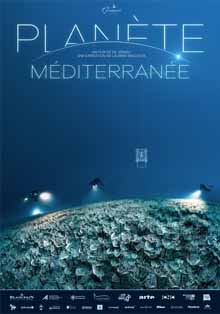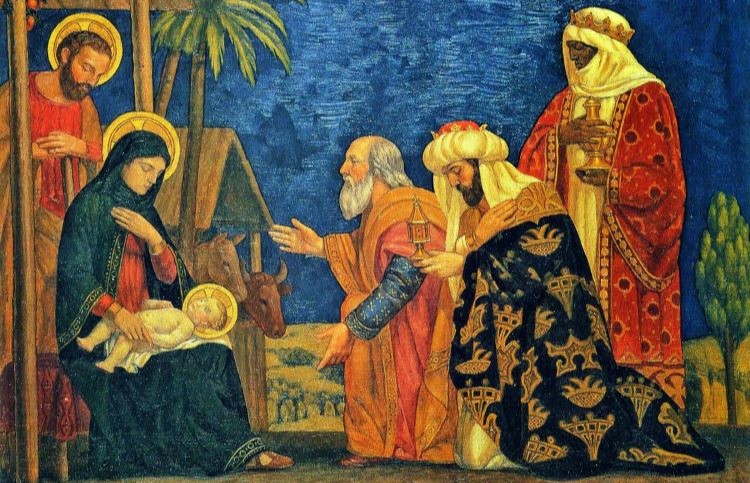Pedro González
Journalist
The French departments of Guadeloupe and Martinique could gain autonomy from Paris, which is not independence, as Overseas France’s Minister, Sébastien Lecornu, has declared. It is the first time, however, that a French government has raised the issue, no doubt forced to make a major concession in the face of escalating strikes and violent incidents in the two archipelagos.
The reason for the outburst is the decree establishing compulsory vaccination against COVID-19 and its corresponding sanctions, exactly the same as in the mainland. The difference is that in both Point-a-Pitre, the capital of Guadeloupe, and Fort de France, the capital of Martinique, the measure is viewed with the mistrust that old colonial misgivings arouse. Both departments, with five and three islands each and 800,000 inhabitants almost equally divided, have a long history of slavery since these West Indies territories were occupied in 1635 by the Compagnie des îles d’Amerique, founded that same year by Cardinal Richelieu to develop tobacco cultivation, which would later give way to sugar.
But the islands also developed a powerful banana industry in the 20th century, with white French owners using huge quantities of chlordecone, a very harmful pesticide with proven carcinogenic effects.
Although the outbreaks of independence have never been particularly significant, a general feeling of being considered second-class French has grown, given that, despite their status as overseas departments, achieved in 1946 and upgraded in 1982, and therefore outermost regions of the European Union, they are still unable to take the main decisions that affect them, which are decided in Paris.
The pretext of compulsory vaccination has been the fuel for setting fire to the streets, erecting barricades and clashing with the police and even with journalists reporting the events for the media in metropolitan France.
Flammable material for the election campaign
The concessions made by Minister Lecornu – extending the period of compulsory obligation for health workers until the end of 2021 and the creation of 1,400 public jobs for young people in particular – have erupted in the French presidential election campaign. Lecornu’s statements both on video and to the Journal de Dimanche, admitting his willingness to grant autonomy to Guadeloupe, and implicitly to Martinique, have provoked a barrage of disqualifications from practically all the candidates, with the obvious exception of President Emmanuel Macron.
The candidates of the conservative Republican Party, who have not yet held their primaries, have erupted with force: “A proposal for less [state presence],” accuses Xavier Bertrand. “The unity of the nation is at stake,” says Michel Barnier, the former European Brexit negotiator. “With Macron, the Republic is giving in and backing down in the face of violence,” says Eric Ciotti. All of them are surpassed in critical intensity by the candidate of the National Rally, Marine Le Pen: “The government has declared itself ready to abandon Guadeloupe in exchange for buying off the radical pro-independence supporters”.
The political atmosphere has heated up, and could heat up even more on 12 December. On that day, French Polynesians on the other side of the globe are scheduled to vote for or against independence. The radicals of the Front Kanak have called for a boycott of the referendum, arguing that restrictions due to the coronavirus prevent the campaign from running normally. And in the event that Paris decides to open the polls and a “no” vote for independence is returned, it is virtually certain that the Kanaks will not recognise it, which could lead to new and worse incidents than those that occurred during the previous consultations.
Some are also misguided that French Polynesia’s separation from Paris could be encouraged by supposed allies such as the United States, the United Kingdom and Australia, which concluded their tripartite defence treaty, AUKUS, to the exclusion of France and without even informing it beforehand.
© This article was originally published in Atalayar / All rights reserved






